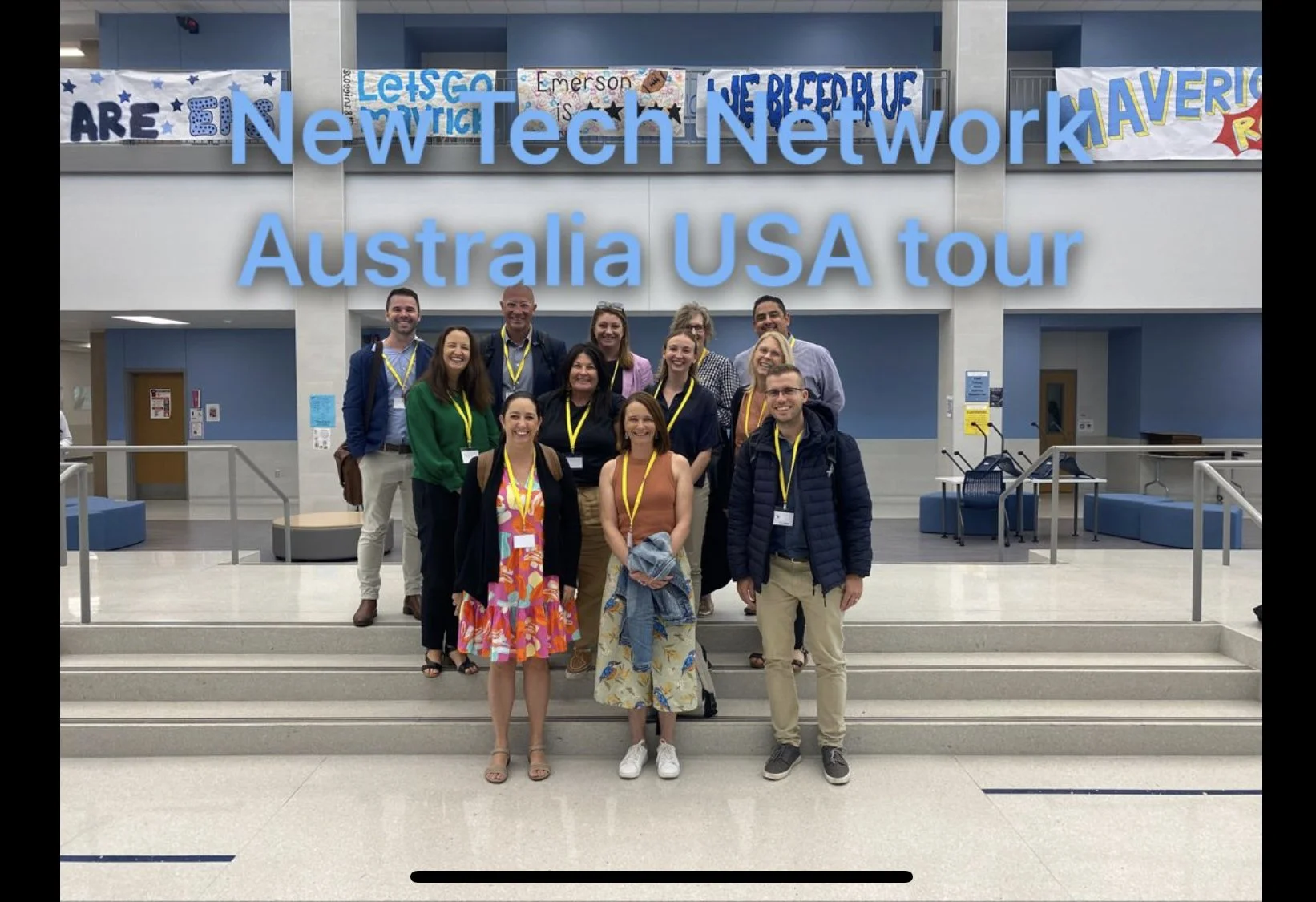In the ever-evolving landscape of education, the quest to "get better at getting better" has become more critical than ever. For Australian schools, the pursuit of continuous improvement is not just a goal—it's a necessity. Improvement Science offers a systematic, evidence-based approach to drive meaningful change in schools, ensuring that every student has access to high-quality education.
Read MoreThe NTNAU Instructional Coach Development Program 2024 is well underway with over 20 participants from schools in Tasmania, Victoria and NSW. This week we explored the work of highly regarded Instructional Coach and author, Jim Knight, looking at building learning alliances to walk alongside our coachees, developing intentionally dialogical coaching styles rather facilitative and or more directive coaching styles.
Read MoreBecoming an ally for each learner is something NTNAU teachers strive for. We strive to establish a warm, demanding stance with our students and prioritise the creation of a safe, inclusive and emotionally supportive classroom culture for each learner. The NTNAU Instructional Coaching Program gives leaders of learning across our Network the tools and ability to do the same with adult learners. Designed specifically for those leading school change or simply improvements in teaching and learning, we invite you to join us in Terms 3 and 4 2024 to dive into our coach development program for leading adult learning with small groups and one-on-one.
Read MoreNew Tech Network Australia works with schools across the country to rethink how units of work are delivered so that high quality explicit instruction is combined with student-centred learning that is meaningful to students. Whether students are presenting sustainable, thermodynamic animal homes to an animal shelter or creating their own ANZAC Day commemoration for the local RSL, we view external partners as an essential partner in curriculum design.
Read MoreAs Hattie (2009) explains, when teachers adopt explicit teaching practices they clearly show students what to do and how to do it. The teacher decides on the learning intentions and success criteria and makes them transparent to students, demonstrating them by modelling. The teacher checks for understanding, and at the end of each lesson revisits what was covered and ties it all together.
When teachers intentionally focus on the I do, We do, You do model of explicit instruction, teacher clarity improves and student learning gains are evident.
Read MoreA year in the making, and after several years running this program in schools, we are now thrilled to officially launch NTNAU Design Thinking.
Aligned with the General Capabilities of the Australian Curriculum, this fully resourced semester-long course is suitable to run for students of any age. Designed for the modern student, this course takes the load off teacher preparation time and maximises student collaboration, critical thinking and communication skills.
Read MoreResearch shows that student engagement and motivation increases when they present their work to someone other than their teacher but what should the end product look like and how can we publish student work to the world for feedback and impact? Check out this free resource from New Tech Network, experts in student-centred learning.
Read MoreThis April, we had the great pleasure of taking fourteen Australian educational leaders to Dallas, Texas to visit six New Tech schools that are at the forefront of educational reform. These leaders had the opportunity to network with educators, principals and experts from all over the USA, gaining insight into the most recent practices and developments in project-based learning, school leadership, and educational innovation.
We were welcomed into schools by students and teachers alike, had some incredible hands-on learning experiences and learnt so much from what we saw. It’s hard to narrow it down, but here are our key observations below. Why not join us on our next trip?
Read MoreEvery school is unique in terms of its ethos, student cohort and staff. Regardless of this, every school in the country has, at its core, a desire to see young people excel in school and life in general. At NTN we believe all students are capable of great achievements and acknowledge that schools, by design, play a critical role in supporting student success.
Teacher practices and classroom culture are a critical starting point in school change, and that’s why we have developed three levels of support for schools, from those just starting out with student-centred learning and PBL to schools ready to dive in to all the benefits of joining a deeper learning network, for ongoing support and sustainable school change.
Read MoreFormative feedback was the initiative at my school in 2009. We had a full day PD session with all the staff in the school canteen and I remember enjoying the day. The concept made sense to me: What Went Well… and Even Better If… My students would better understand their strengths and have something concrete to improve. The whole school would be using the same language and students would receive written formative feedback fortnightly. Wait… fortnightly? As a high school teacher of multiple classes, that meant…400 comments in books each fortnight? I was a French teacher, and the maths behind this gave me sleepless nights. Ask me to do something to improve student learning and I’ll do it. But seriously?
Read MoreWe’re not out of the woods by any stretch of the imagination, but with rising vaccination levels and talk of opening up towards the end of the year, here at New Tech Network Australia, we’ve been considering this: as the pandemic starts to recede from the cortex of our minds, how do we make lemonade out of almost two years worth of lemons?











